New York’s apple-growing heritage runs deep, with orchards scattered across the state producing everything from crisp Honeycrisps to Northern Spy varieties that have been cultivated for generations. The craft cider revival has breathed new life into these traditional farming operations, transforming seasonal apple pressing into year-round artisanal beverage production.
Modern cideries blend time-honored techniques with innovative flavor profiles, creating everything from bone-dry farmhouse styles to barrel-aged specialties that challenge preconceptions about what cider can be. Here is a list of 15 New York small-batch cider mill tours that showcase the state’s thriving craft cider scene.
Angry Orchard
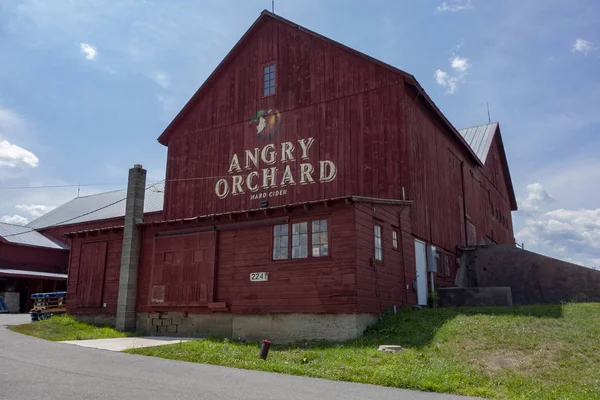
Located in Walden, this cidery occupies a 60-acre apple research orchard where visitors can explore the intersection of traditional cidermaking and modern innovation through guided tastings and educational programs. The Innovation Cider House offers tastings of small-batch experimental ciders made from heritage apple varieties like Kingston Black and Dabinett that most grocery stores never carry.
Tours include walks through the test orchards where dozens of apple varieties are grown specifically for cider production, with knowledgeable guides explaining how different apples contribute unique flavors and characteristics. The research focus means visitors often taste prototypes and limited releases unavailable anywhere else in the country.
Brookview Station Winery
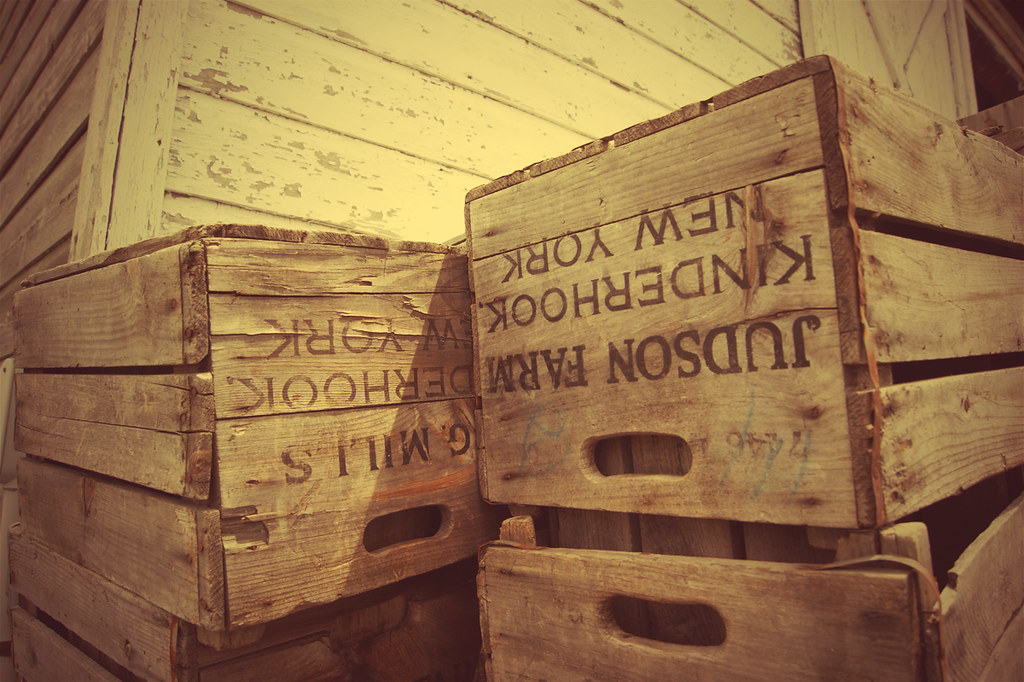
This Castleton-on-Hudson operation combines winemaking with hard cider production, utilizing apples from its orchard and nearby farms while maintaining distinct production areas for each beverage type. The restored 1800s train station serves as the tasting room, where visitors can sample ciders made from single apple varieties alongside a wine selection in a historically atmospheric setting.
The railway theme extends throughout the property, with vintage train cars converted into unique tasting spaces that transport guests back to the golden age of rail travel. Tours explain how the same terroir that produces excellent grapes also creates exceptional cider apples when managed with proper attention to soil and climate.
Like Travel Pug’s content? Follow us on MSN.
Eve’s Cidery
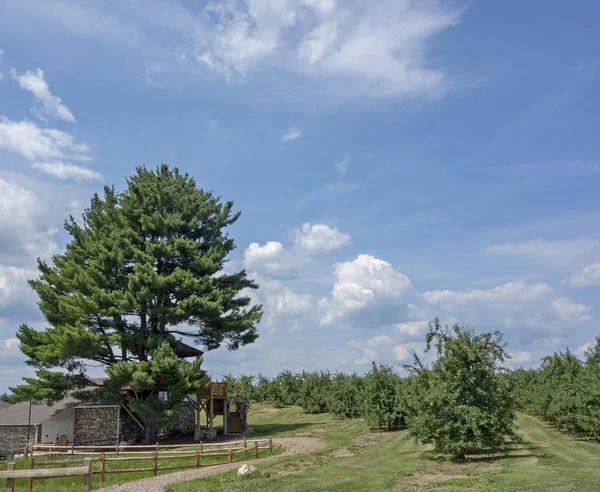
Operating from a hilltop farm in Van Etten, this cidery focuses on wild fermentation techniques that allow native yeasts to create complex flavors naturally without commercial yeast additives. The intimate tastings take place in a renovated barn where visitors can observe the traditional French cidermaking methods being employed, including extended fermentation periods that can last for months.
Their approach emphasizes terroir—the idea that local soil, climate, and wild yeasts create unique flavors impossible to replicate elsewhere, even using identical apple varieties. The family-owned operation maintains small production volumes that ensure personal attention to each batch while preserving traditional techniques passed down through generations.
Embark Craft Ciderworks

Situated in Williamson along Lake Ontario’s shore, this family-owned cidery grows over 30 apple varieties on its 100-acre farm while maintaining sustainable agricultural practices that protect soil health. The tasting room overlooks the orchards and lake, providing scenic views while visitors sample ciders made exclusively from estate-grown fruit that travels mere yards from tree to tank.
Their commitment to single-variety ciders allows guests to taste the distinct characteristics of apples like Esopus Spitzenburg and Wickson Crab, showcasing individual apple personalities. The lake-effect climate creates ideal growing conditions for both common and rare apple varieties, resulting in ciders with complexity that reflects the unique microclimate.
Blackman Homestead Farm & Cidery

This Lockport-based operation represents four generations of apple growing, with the current family adding cider production to their diversified farm business that includes vegetables, flowers, and agritourism activities. Visitors can take wagon rides through the orchards during harvest season and then taste ciders made from the same trees they just visited while learning about sustainable farming practices.
The working farm atmosphere includes chickens roaming the grounds and seasonal activities like apple picking and pumpkin harvesting that create comprehensive rural experiences. Tours explain how crop rotation, cover cropping, and integrated pest management contribute to apple quality while maintaining environmental stewardship throughout the growing season.
Like Travel Pug’s content? Follow us on MSN.
Orchard Hill Cider Mill
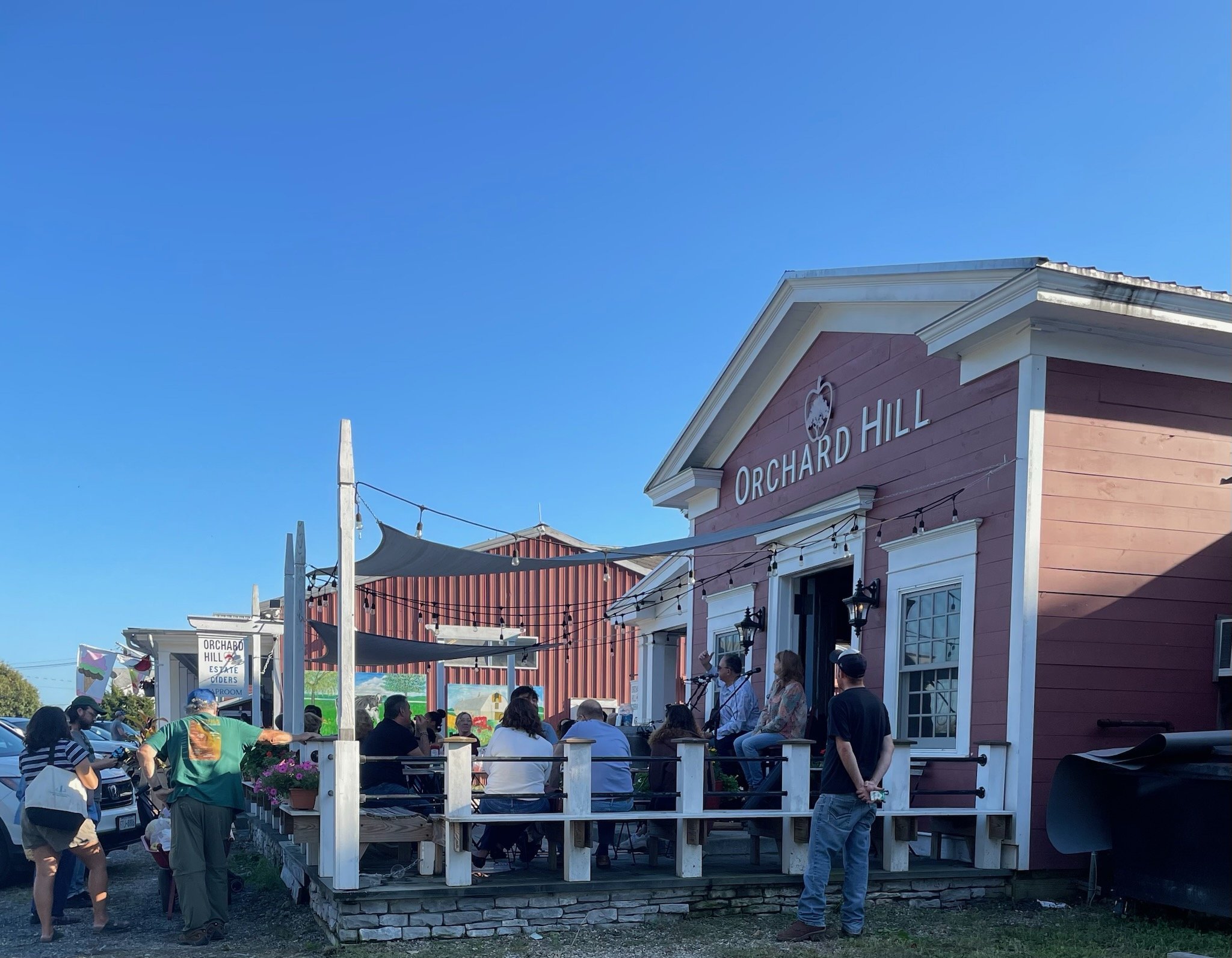
Located in New Paltz near the Hudson Valley, this small cidery focuses on creating ciders that taste distinctly of apples rather than added flavors or spices that mask natural fruit characteristics. The rustic tasting room occupies a converted barn where visitors can watch the cidermaking process through large windows while sampling products that showcase pure apple essence.
Their philosophy emphasizes showcasing the natural flavors of heritage apples through minimal intervention techniques that preserve varietal characteristics and seasonal variations. The educational component includes discussions about how different pressing techniques, fermentation temperatures, and aging methods affect final flavor profiles in measurable ways.
Doc’s Draft Hard Cider
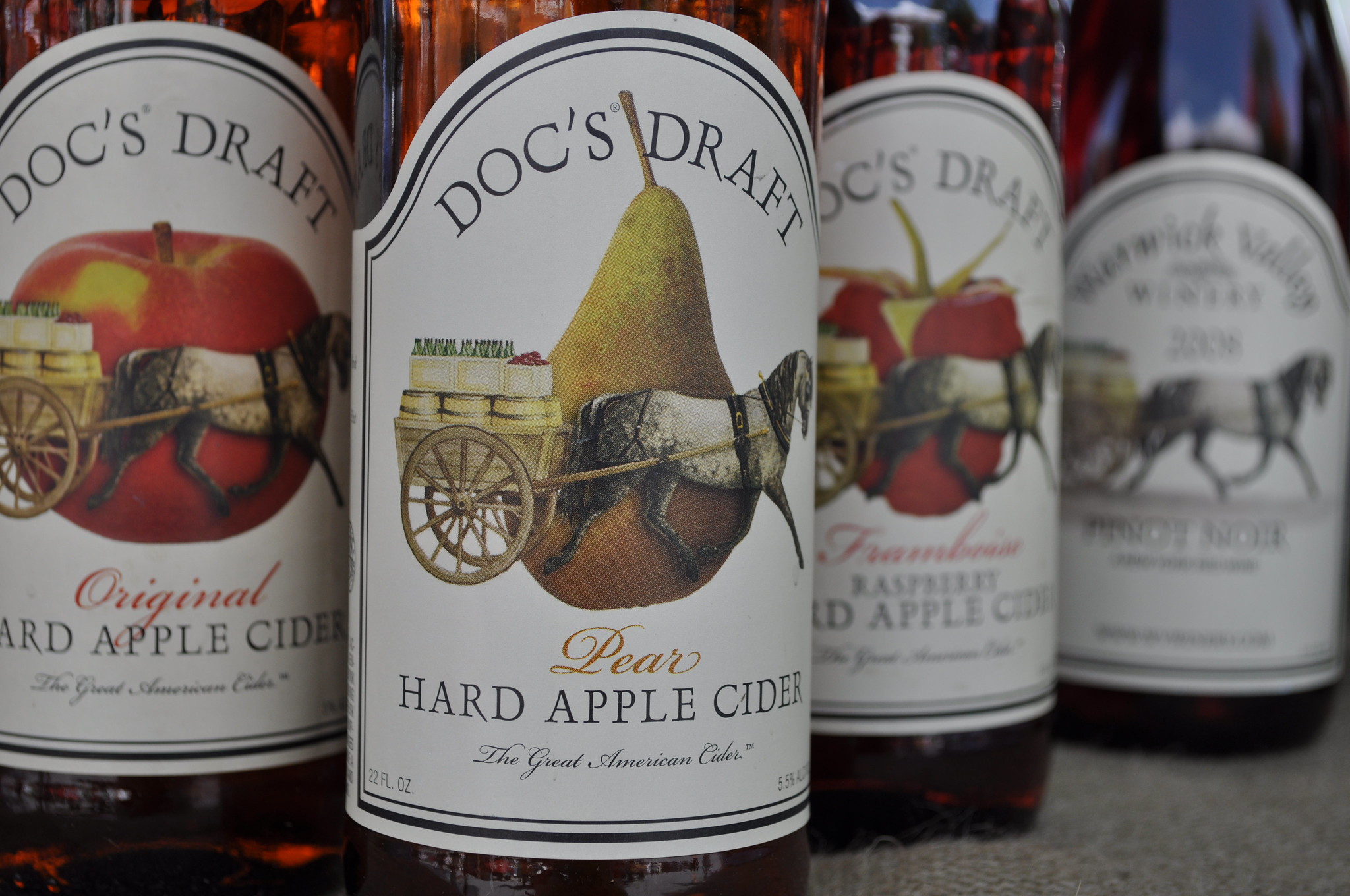
This Warwick Valley cidery operates from a renovated 1850s barn where three generations of the Danziger family have perfected their craft cider recipes through continuous experimentation and refinement. The intimate tasting experience includes learning about their unique approaches, such as using champagne yeasts and extended aging on lees, which create complex flavor development over time.
Visitors often get to meet the cidermakers themselves, who share stories about rediscovering forgotten apple varieties and adapting traditional techniques to modern production standards. The family’s commitment to quality over quantity means each batch receives individual attention throughout the fermentation and aging process.
Sundance Cider

Based in Greenfield Center, this cidery creates small batches using apples from local orchards throughout the Capital Region while supporting regional agriculture through direct partnerships with growers. The tasting room features a cozy atmosphere with exposed beams and a stone fireplace, perfect for sampling their diverse range of still and sparkling ciders during any season.
Their seasonal offerings change based on apple availability and creative experimentation with different fermentation techniques that highlight specific apple characteristics at their peak flavor development. The educational focus includes discussions about how New York’s diverse apple-growing regions contribute different flavor profiles to finished ciders.
Like Travel Pug’s content? Follow us on MSN.
Nine Pin Ciderworks

Located in Albany’s warehouse district, this urban cidery sources apples from Hudson Valley orchards while maintaining production in the heart of the capital city, creating connections between rural agriculture and urban consumers. The industrial-chic tasting room features long community tables and exposed brick walls, creating a modern atmosphere for sampling traditional-style ciders that honor historical recipes.
Their Albany Ale-style cider pays homage to the city’s brewing heritage while pushing cider boundaries through innovative fermentation techniques and unique apple blends. Tours explain how urban cideries can support rural agriculture while creating products that reflect both agricultural traditions and contemporary tastes.
Glenwood Farm
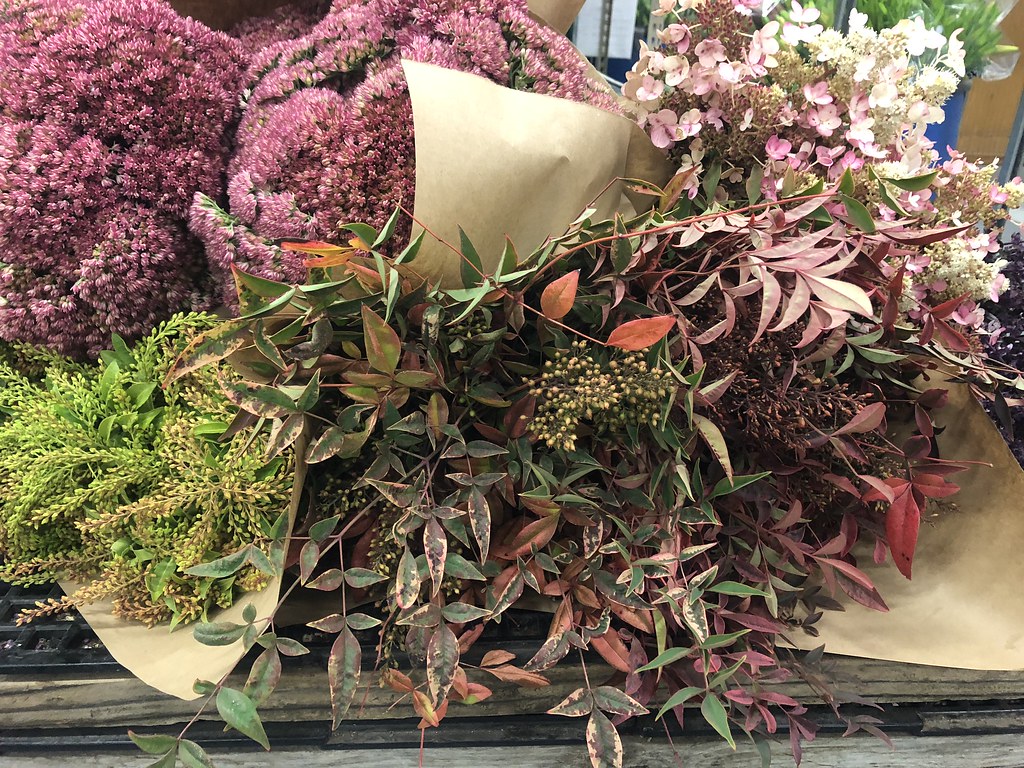
This Cold Spring Highlands cidery operates as part of a larger sustainable agriculture initiative, using its cider program to demonstrate environmentally responsible farming practices that protect watershed quality and soil health. Visitors can tour the entire operation, from orchard management through fermentation and bottling while learning about regenerative agriculture techniques that improve land productivity over time.
The educational focus makes this an ideal stop for those interested in understanding the complete farm-to-glass process and how agricultural practices affect final product quality. The combination of working farms, educational programs, and artisanal cider production creates comprehensive experiences that connect visitors with food systems and environmental stewardship.
Kettleborough Cider House
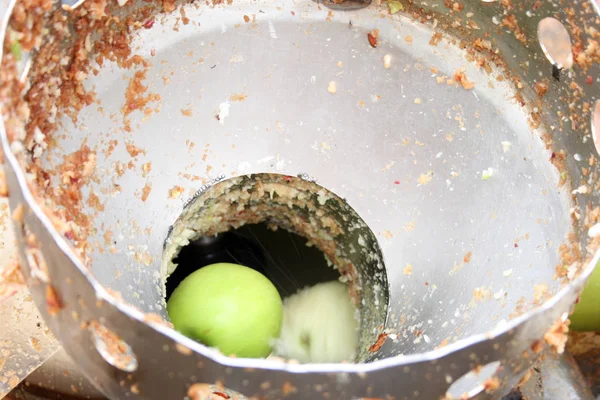
Situated in East Troy, this small cidery occupies a converted dairy barn where visitors can observe the cidermaking process up close while learning about traditional fermentation techniques adapted for modern production. The intimate setting allows for personalized tastings where the cidermaker explains the nuances of different apple varieties and fermentation methods that create distinct flavor profiles.
Their specialty lies in creating ciders that balance sweetness and acidity to showcase each apple’s unique characteristics without overwhelming natural fruit flavors. The hands-on approach means visitors often participate in discussions about how seasonal variations, harvest timing, and processing decisions affect finished product quality.
Like Travel Pug’s content? Follow us on MSN.
Indian Ladder Farms Cidery & Brewery
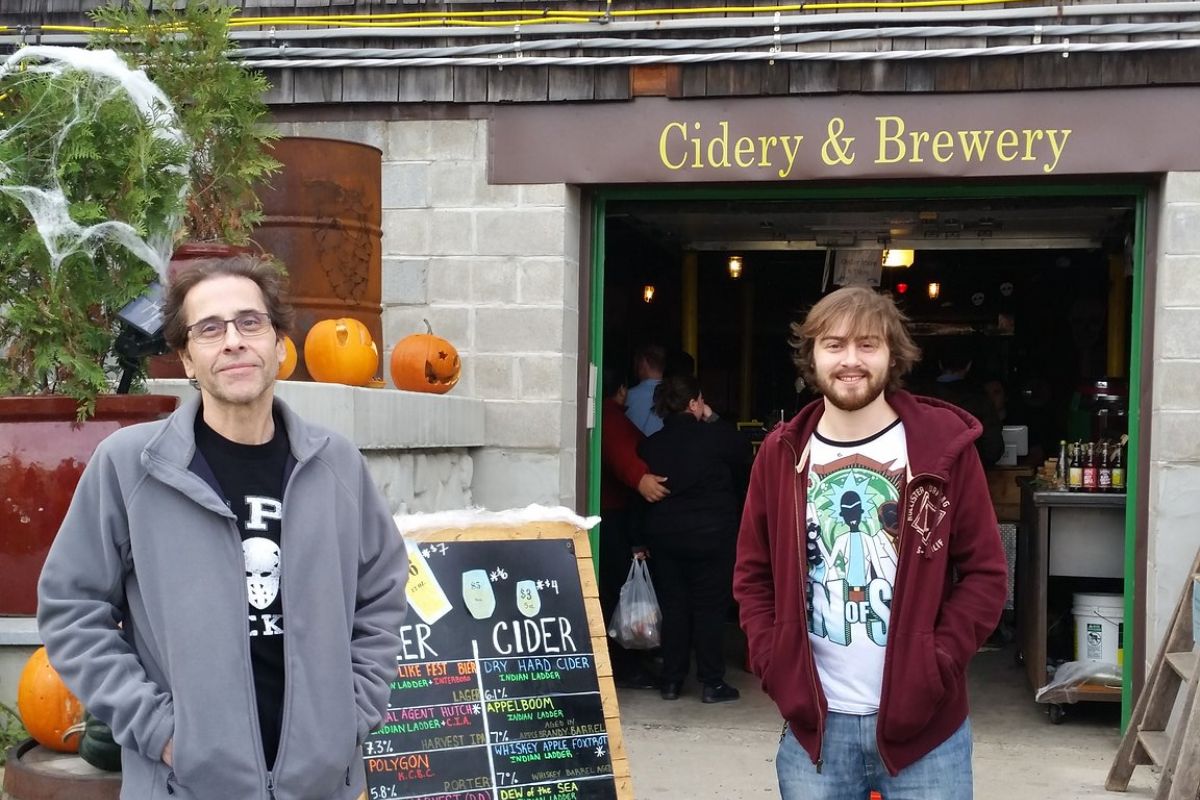
This Altamont operation combines apple growing with craft beverage production, offering visitors a comprehensive farm experience that includes pick-your-own apples, farm tours, and cider tastings throughout the growing season. The modern tasting room overlooks the Helderberg Escarpment, providing stunning views, while guests sample ciders made from apples grown on the same property they can see from the windows.
Their diverse offerings range from traditional dry ciders to innovative fruit blends that incorporate other crops grown on the diversified farm operation. The integration of agriculture, production, and tourism creates authentic farm-to-glass experiences that connect visitors directly with food production and regional agriculture.
Awestruck Ciders
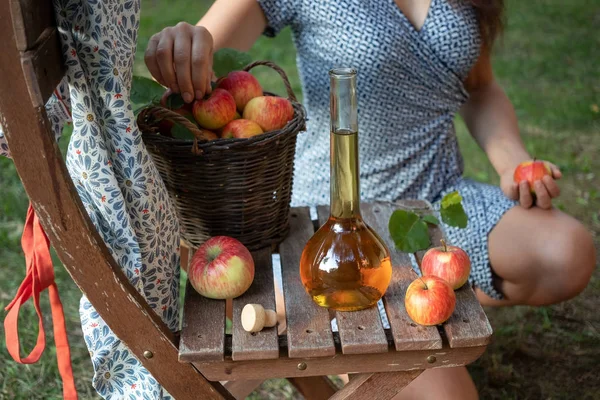
Based in Sidney, this cidery focuses on creating ciders that capture the essence of New York’s apple-growing regions through careful sourcing and traditional production methods that honor historical cidermaking practices. The small-batch approach allows for experimentation with different apple combinations and fermentation techniques, resulting in unique seasonal offerings that reflect harvest timing and apple availability.
Visitors can taste ciders while learning about the historical significance of apples in New York agriculture and how contemporary cideries are reviving traditional varieties and techniques. The educational component includes discussions about how soil types, climate variations, and cultural practices across different growing regions affect apple characteristics and cider flavors.
Common Roots Brewing Company
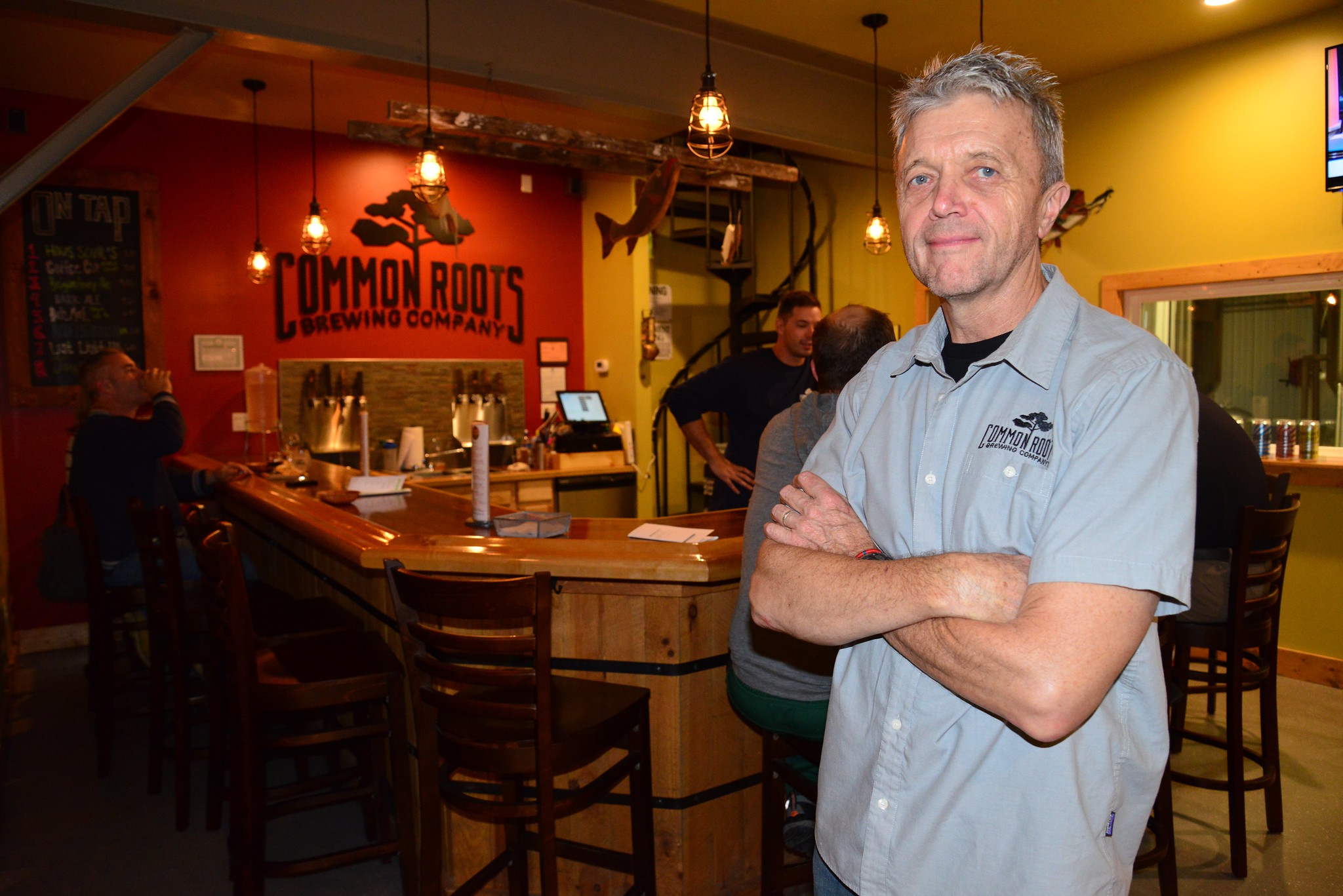
While primarily known for beer, this Glens Falls establishment also produces distinctive hard ciders using apples from nearby orchards, while maintaining separate production areas for different beverage types. The industrial taproom setting provides a relaxed atmosphere for comparing their cider offerings alongside their beer selection, allowing visitors to explore different fermentation traditions.
Their cidermaking approach emphasizes clean fermentation and subtle flavor enhancement, rather than masking the natural apple character with excessive additions or processing. Tours explain how brewing and cidermaking techniques share common elements while requiring different approaches to achieve optimal results with distinct raw materials.
Like Travel Pug’s content? Follow us on MSN.
Aaron Burr Cidery
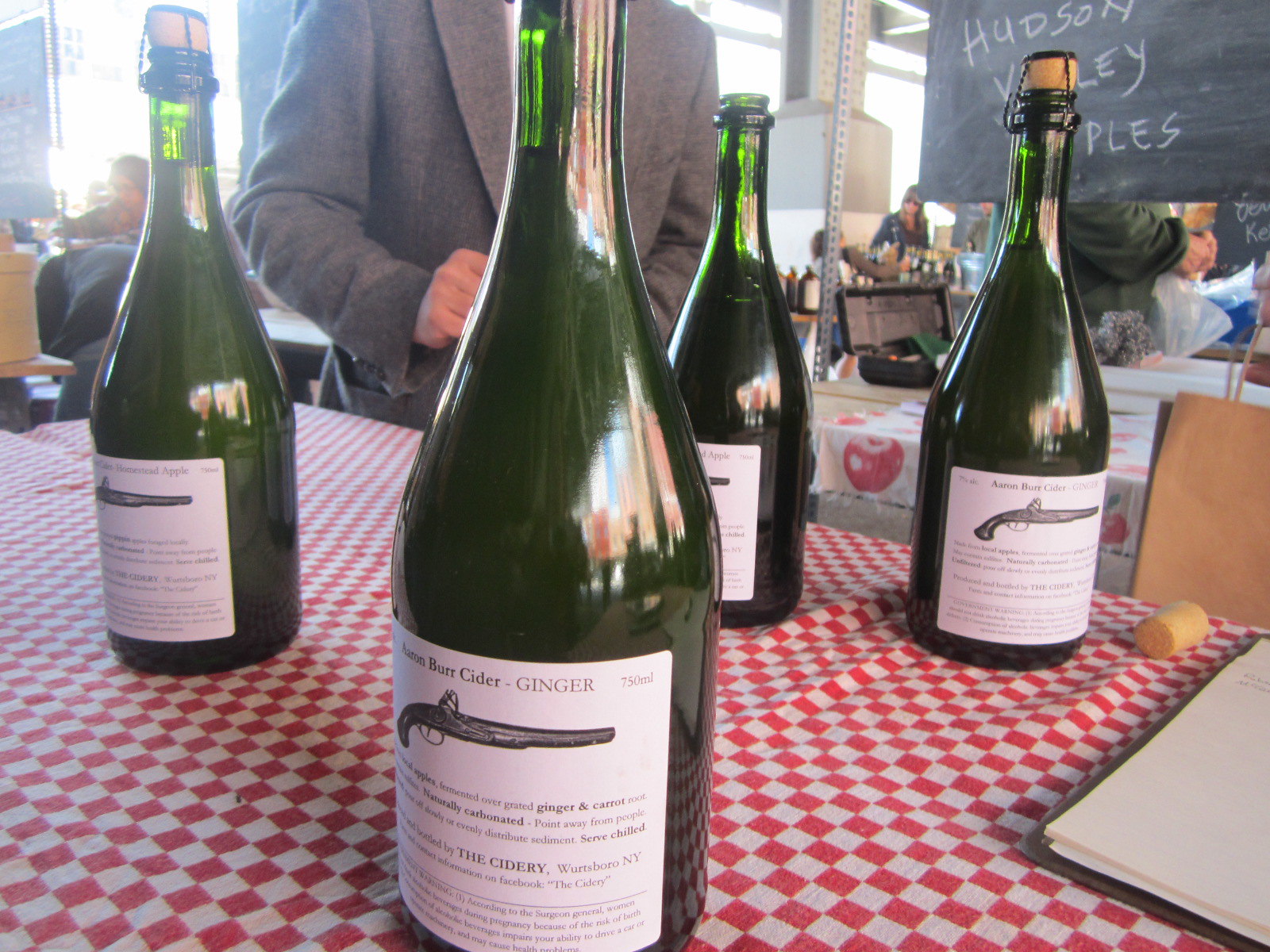
This Wurtsboro Hills operation focuses on farmhouse-style ciders made using traditional methods that emphasize natural fermentation and minimal intervention throughout the production process. The rural setting includes historic buildings and scenic views that create authentic farm experiences, while visitors sample ciders that reflect both local terroir and traditional techniques.
Their approach combines French cidermaking traditions with New York apple varieties, creating products that honor both Old World methods and New World ingredients. The educational focus includes discussions about how traditional cidermaking regions like Normandy and Devon influence contemporary American cider production through adapted techniques and shared knowledge.
New York’s Cider Renaissance

The Empire State’s craft cider movement continues growing as more farmers rediscover forgotten apple varieties and experiment with traditional European cidermaking techniques that were nearly lost during Prohibition. These small-batch producers represent a return to New York’s agricultural roots while embracing innovation and creativity in their approach to fermentation, aging, and flavor development.
Each cidery offers a unique perspective on transforming apples into artisanal beverages that reflect both place and personality through careful attention to variety selection, production methods, and regional character. The combination of agricultural heritage, innovative techniques, and educational tourism creates authentic experiences that connect visitors with both historical traditions and contemporary craftsmanship.
More from Travel Pug

- 20 Best Beach Towns in the Carolinas
- 13 Destinations Where Tourists Regularly Regret Their Trip
- 20 Destinations That Are More Magical Without an Itinerary
- 20 Underrated Adventures That Belong on Your Travel List
- 20 Cities Where You Should Just Wing It, No Planning Required
Like Travel Pug’s content? Follow us on MSN.
